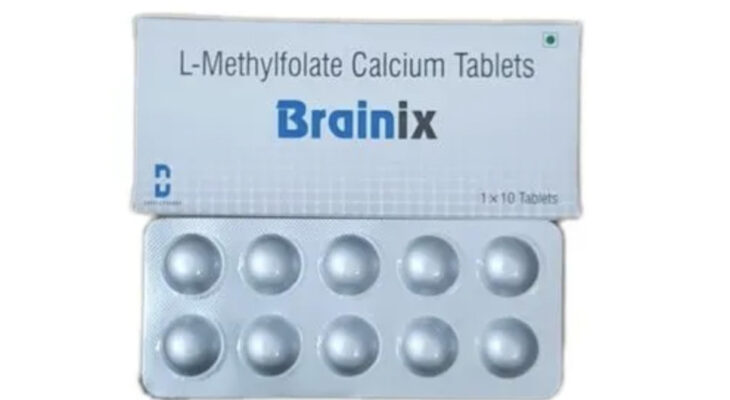L-methylfolate, also known as folate, is an active form of vitamin B9, an essential nutrient for forming healthy red blood cells. All adults (above age 18), regardless of gender, require a minimum of 400 mcg DFE daily. In addition, babies, children, and teenagers have a Recommended Dietary Allowance (RDA) issued by the National Institutes of Health.
Please read below to learn about specific groups of people that must pay extra attention to their L-methylfolate intake because they need specific doses of folate to improve their physical and mental health.
1. People with Conditions Due To L-Methylfolate Deficiency
Number one on the list is people with certain conditions due to lack of methylfolate 5 mg.
- Megaloblastic anemia
In this condition, the bone marrow forms irregular red blood cells. They are large in size, oval-shaped, and immature. Due to these characteristics, RBCs are unable to enter the bloodstream and thus, lower the blood count in the body. Megaloblastic anemia is common in children, and its significant symptoms include pale color, diarrhea, fatigue, loss of appetite, etc.
- Hyperhomocysteinemia
Lack of L-methylfolate results in increased levels of homocysteine, an amino acid, in the body, causing hyperhomocysteinemia. It may further lead to Alzheimer’s, hearing loss, congestive heart failure, macular degeneration, etc., putting the patient’s life at high risk.
- Schizophrenia
Schizophrenia is a mental disorder that stemsfrom abnormal thinking and hinders daily functioning. Delusions, hallucinations, disordered speech, and behavioral issues are its common symptoms. However, the intensity of the symptoms varies from person to person. Studies show a relationship between low levels of folate and a higher risk of schizophrenia.
To cure these conditions/lower the severity, it is necessary to increase the L-methylfolate intake. However, seek professional help for proper diagnosis and medical treatment.
2. Vitiligo person
Studies show that folate helps with the symptoms of people with vitiligo. It is a skin disorder in which the person loses skin pigment, and white patches start to appear on the body.
3. Pregnant women
L-methylfolate intake proves to be beneficial for both the expecting mother and the fetus. Folic acid prevents congenital neural disabilities such as spina bifida (defect of the spine) and anencephaly (defect of the brain) in the newborn. It is recommended to take 600-800 mcg of folic acid by mouth to produce a healthy baby during pregnancy.
4. Breastfeeding women
Since folates help develop the baby’s brain and nervous system, breastfeeding women are suggested to take this beneficial nutrient in adequate amounts for the infant.
5. People with a depressive disorder
L-methylfolate effectively treats people with depression, anxiety, and bipolar disorder when taken with antidepressants.
6. People with high blood pressure
L-methylfolate helps lower high blood pressure without consuming blood pressure medication. However, it may take more than six weeks to show 100% effectiveness.
Common sources of L-methylfolate
We have shortlisted familiar sources of L-methylfolate that will help overcome folate deficiency and assist the individuals as mentioned earlier in achieving their objectives
- Leafy vegetables like spinach, lettuce, kale, and cabbage
- Sprouted legumes like chickpea, white beans, and mung bean
- Broccoli, asparagus, and cauliflower
- Citrus fruits
- Organ meat like liver
Also, you can consume large amounts of L-methylfolate by taking nutritional supplements by taking Deplin after consulting your doctor.
Conclusion
To sum it up, l-methylfolate is the active form of one of the essential vitamins from group B, vitamin B9, and it has several benefits for individuals of every age ranging from infants to the elderly. Also, it prevents many hazardous ailments. Thus, everyone must consume adequate amounts of L-methylfolate.





